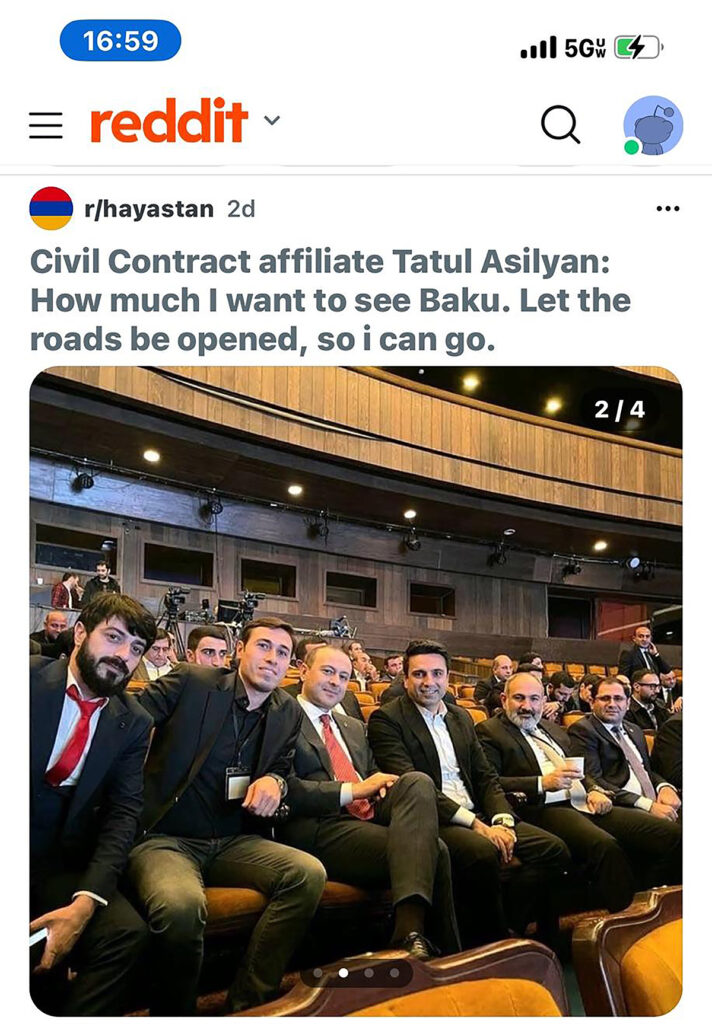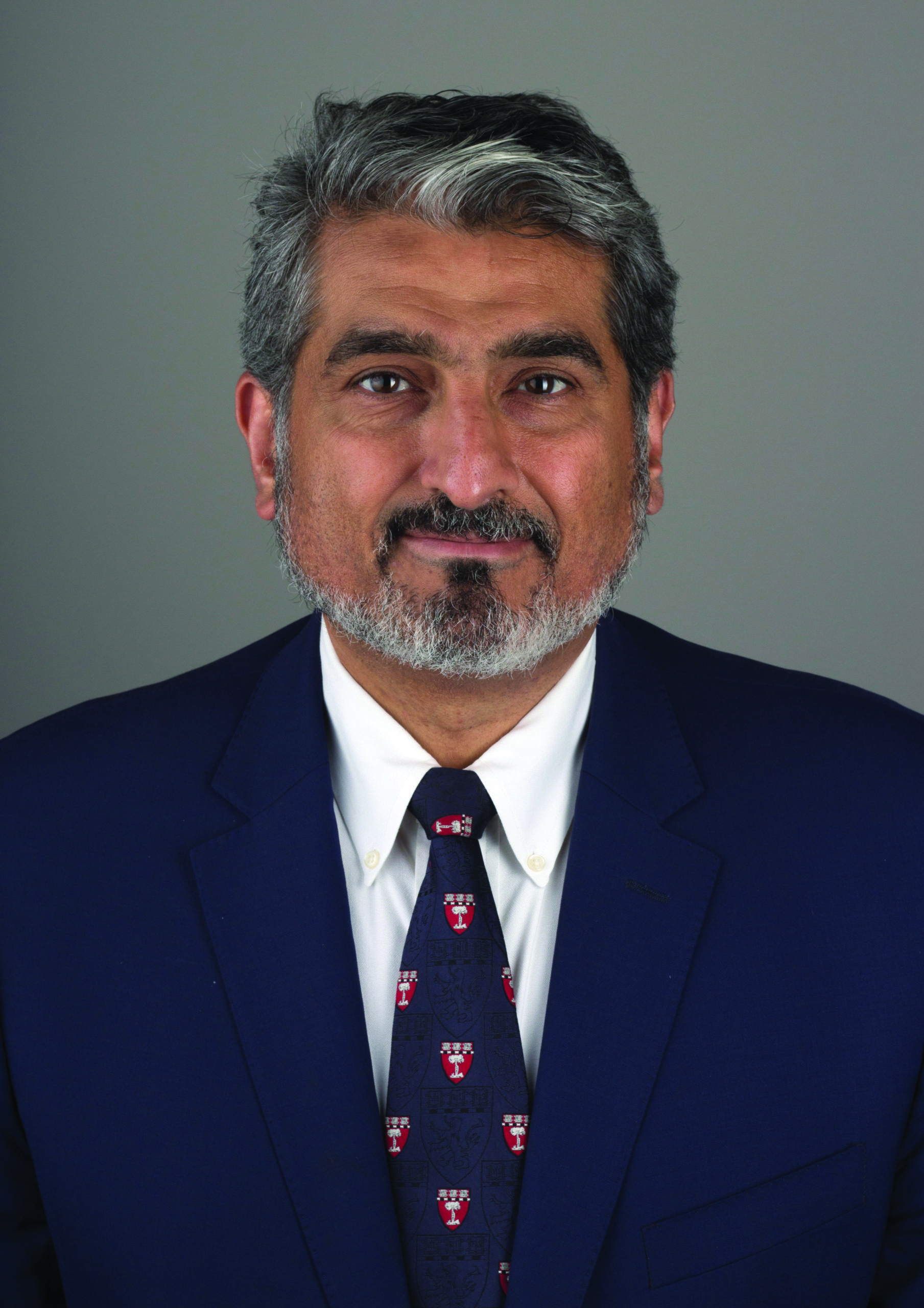In recent years, Azerbaijan, under the leadership of President Ilham Aliyev, has been pursuing aggressive policies toward Armenia, raising concerns about the future of Armenian sovereignty. These policies have been carried out as complementary actions to the 2020 aggression against Artsakh, the invasion of Armenian sovereign lands and the ethnic cleansing and genocide of the Artsakh Armenian population. Political analysts closely monitoring Aliyev’s behavior since the 44-Day War have noted his expansionist agenda, which prioritizes territorial gains over genuine peace. The conflict in Nagorno-Karabakh, also known as Artsakh, has long been a source of tension between Azerbaijan and Armenia, but Aliyev’s recent demands suggest a broader strategy to undermine Armenian statehood.
Since 2020, Azerbaijan has occupied 200 square kilometers of Armenian territory, planting its flag on strategic heights. This military aggression is accompanied by a series of demands to reshape Armenia’s political and cultural landscape. Aliyev has insisted that Armenia must adopt a new constitution that excludes any reference to Artsakh’s right to self-determination and the Armenian Genocide of 1915. These demands are not just about territorial disputes; they represent a direct challenge to Armenia’s historical narrative and national identity.
A key component of Aliyev’s strategy is the proposed “Resettlement of Western Azerbaijanis in Armenia.” This plan involves the return of 300,000 Azerbaijanis to Armenia, with the right to form armed units and be protected by soldiers from a trusted third country, likely Turkey. Aliyev’s demands extend to cultural and educational rights, including that Armenian taxpayers fund Azerbaijani language education and mosque construction. Such measures would alter the demographic balance in Armenia and assert Azerbaijani cultural dominance.
If these demands are met, they would legitimize Aliyev’s revisionist claims that Armenia engaged in ethnic cleansing after the Soviet Union’s collapse. This narrative could pave the way for further demands, such as compensation for displaced Azerbaijanis and unrestricted immigration to Armenia under a “Family Reunification Plan.” In this scenario, Armenians could become a minority in their ancestral land, fundamentally altering the nation’s character and sovereignty.

The implications of Aliyev’s demands are profound, threatening to turn Armenia into “Ermenistan,” a province under Turkish-Azerbaijani influence. The international community must recognize the gravity of the situation and support Armenia’s right to self-determination and historical truth. As Azerbaijan continues to exert pressure, Armenia faces a critical juncture in its national struggle that requires serious evaluation of its external threats to plan accordingly. These stakes starkly contrast with the ruling party’s agenda, supported by its external allies. Tatul Asilyan, a Civil Contract affiliate, recently stated, “How I wish to travel and see Baku with the upcoming peace.”



Absolutely 100% correct evaluation. Sadly we are a stupid people with no vision or long term strategy to see what is coming until it is too late every single time. We are too busy with lining our pockets in the short term and commiting fraud and theft.
Really, We are committing fraud and theft. Speak for yourself. Most Armenian’s are hard working and follow the law. They want when everyone else wants, success, safety and prosperity.
Sadly this is true for a minority, especially people who hold the levers of power in politics and business. The corruption by influential people, has caused the greatest damage for Armenia, with repercussion for the Armenian state and the entire Armenian society. This corruption is one of the causes for Armenia’s weakening and loss during the Second Artsakh War. Whatever starts, is tolerated and even condoned at the top, eventually poisons the rest of the society. This is true for any country beset by the scourge of corruption emanating from the top.
How come a random Azeri looks forward to resettle to an unknown land full of “enemy” Armenians? Yet, diasporans so concerned about the future of the Republic (probably only guarantee of the nation’s longevity) don’t even contemplate about it?
During the 1918-1920 Turkish-Armenian and Azerbaijani-Armenian Wars, Turkey and Azerbaijan, as we all know, wanted to wipe off Armenia from the map along with all Armenians. Later on during the war, and which is less known, Turkey and Azerbaijan revised their plan, and planned a very truncated Armenian puppet state around Lake Sevan, with a total area of 10,000 square kilometers, which would be ruled by them via traitorous Armenian puppets.
Azerbaijan and Turkey, apart from their century-old aim of connecting their countries by getting a corridor at the expense of Armenia’s (already violated) territorial integrity (by Azerbaijan since 2021), either by force or by a treaty, have revived their aim of making Armenia their puppet state like South Ossetia or Manchukuo, by planting traitorous Armenian puppet “leaders”, eager to implement their Azerbaijani and Turkish masters’ demands, needs and whims.
What is disturbing, is that there are many Armenian traitors willing to become the enthusiastic puppets and house slaves of their would-be Azerbaijani and Turkish masters. History is full of examples like that, be it Vichy France under Pierre Laval, Norway under Vidkun Quisling or the Japanese puppet state of Manchukuo under the puppet Emperor Puyi (who was also the last Emperor of China).